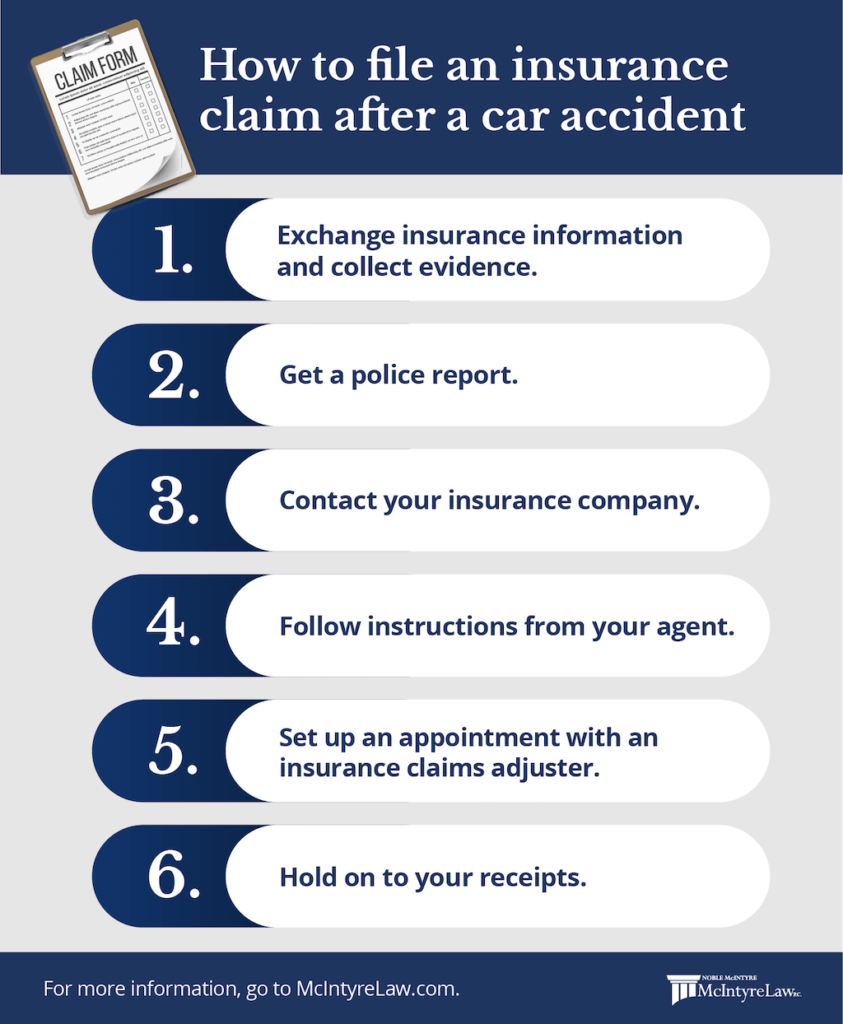Whole life and universal life insurance are both considered long-term policies. That suggests they're designed to last your whole life and will not expire after a certain amount of time as long as required premiums are paid. They both have the prospective to collect cash worth in time that you may have the ability to borrow against tax-free, for any factor. Because of this function, premiums may be greater than term insurance coverage. Whole life insurance coverage policies have a set premium, meaning you pay the exact same quantity each and every year for your protection. Similar to universal life insurance, entire life has the possible to accumulate money worth with time, developing an amount that you may have the ability to obtain against.
:max_bytes(150000):strip_icc()/Who-will-my-auto-insurance-check-claim-be-made-out-to-527131-v2-f4edb97fee6f488d969226528a1b55d0.png)
Depending upon your policy's potential money worth, it might be utilized to skip an exceptional payment, or be left alone with the potential to collect worth in time. Potential growth in a universal life policy will differ based upon the specifics of your private policy, as well as other elements. When you purchase a policy, the providing insurance provider establishes a minimum interest crediting rate as outlined in your agreement. However, if the insurance company's portfolio makes more than the minimum rate of interest, the company may credit the excess interest to your policy. This is why universal life policies have the prospective to make more than an entire life policy some years, while in others they can make less.
Here's how: Considering that there is a money worth part, you might be able to skip premium payments as long as the money value suffices to cover your required expenses for that month Some policies might permit you to increase or decrease the survivor benefit to match your specific scenarios ** Oftentimes you might borrow versus the cash value that may have accumulated in the policy The interest that you may have made gradually collects tax-deferred Whole life policies offer you a repaired level premium that will not increase, the possible to build up money value in time, and a fixed death advantage for the life of the policy.

As an outcome, universal life insurance coverage premiums are typically lower throughout periods of high rates of interest than entire life insurance coverage premiums, typically for the same amount of protection. Another essential distinction would be how the interest is paid. While the interest paid on universal life insurance coverage is typically changed monthly, interest on a whole life insurance coverage policy is generally changed every year. This could indicate that during durations of rising interest rates, universal life insurance policy holders might see their cash values increase at a rapid rate compared to those in whole life insurance policies. Some people may choose the set death advantage, level premiums, and the capacity for growth of an entire life policy.
Although entire and universal life policies have their own special functions and benefits, they both concentrate on supplying your loved ones with the money they'll require when you pass away. By working with a qualified life insurance coverage representative or business agent, you'll be able to choose the policy that finest meets your individual needs, budget plan, and financial objectives. You can also get atotally free online term life quote now. * Provided required premium payments are timely made. ** Boosts might undergo additional underwriting. WEB.1468 (What is pmi insurance). 05.15.
Facts About How Do Insurance Companies Make Money Uncovered
You don't have to think if you need to register in a universal life policy due to the fact that here you can find out everything about universal life insurance benefits and drawbacks. It's like getting a preview before you purchase so you can choose if it's the right type of life insurance coverage for you. Continue reading to discover the ups and downs of how universal life premium payments, cash value, and death advantage works. Universal life is an adjustable type of long-term life insurance that enables you to make changes to two primary parts of the policy: the premium and the death advantage, which in turn affects the policy's cash value.
Below are some of the overall pros and cons of universal life insurance coverage. Pros Cons Designed to offer more flexibility than whole life Doesn't have actually the guaranteed level premium that's offered with entire life Cash worth grows at a variable interest rate, which could yield greater returns Variable rates likewise mean that the interest on the cash value could be low More opportunity to increase the policy's money value A policy usually requires to have a positive cash worth to remain active Among the most appealing features of universal life insurance is the capability to select when and how much premium you pay, as long as payments satisfy the minimum amount needed to keep the policy active and the IRS life insurance coverage guidelines on the optimum quantity of excess premium payments you can make (What is gap insurance).
But with this flexibility likewise comes some disadvantages. Let's discuss universal life insurance pros and cons when it pertains to changing how you pay premiums. Unlike other kinds of long-term life policies, universal life can get used to fit your monetary requirements when your cash circulation is up or when your spending plan is tight. You can: Pay greater premiums more regularly than required Pay less premiums less typically and even avoid payments Pay premiums out-of-pocket or use the money worth to pay premiums Paying the minimum premium, less than the target premium, or skipping payments will adversely affect the policy's money value.